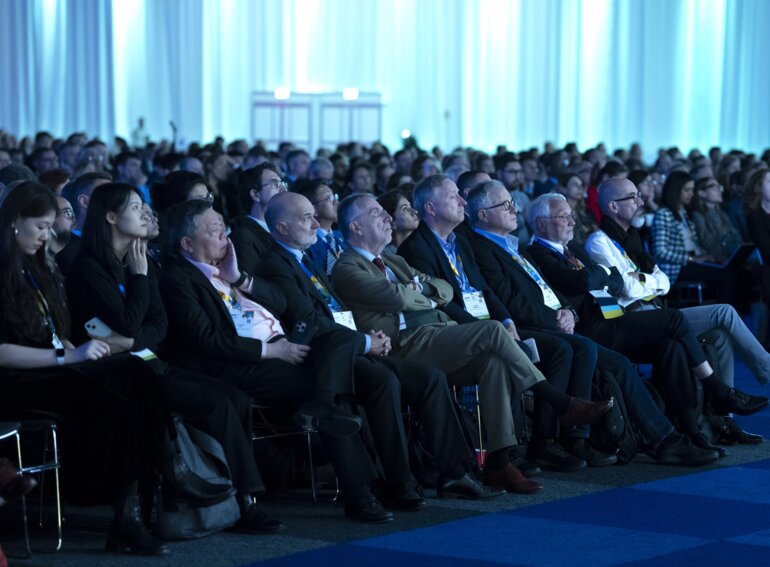26 July 2021 saw the US Food and Drug Administration (FDA) approval of the first immunotherapy agent – pembrolizumab – for use in combination with chemotherapy for the neoadjuvant treatment of high-risk, early-stage triple-negative breast cancer (TNBC). Does this herald the use of immune checkpoint inhibitors (ICIs) as the standard neoadjuvant therapy for TNBC? Or do the risks outweigh the benefits?
These key questions will be the focus of the Controversy session ‘Are we ready to consider chemotherapy + checkpoint inhibitor as the preferred option in the neoadjuvant setting?’ taking place on 21 September 2021, 14:20 – 14:55, Channel 6 at the ESMO Congress 2021.
We cannot argue with the data from the KEYNOTE-522 trial: the improvement in the pathological complete response (pCR [ypT0/Tis ypN0]) rate with the addition of pembrolizumab to chemotherapy is impressive (64.8% versus 51.2% with placebo; p<0.001), as are 3-year event-free survival data (84.5% versus 76.8% with placebo; p=0.00031). So, ICIs do undoubtedly provide benefit in the neoadjuvant treatment of TNBC. But not for everyone, and this is the crux of the matter.
How we select patients will be crucial to the optimal use of these agents in this setting. The fact that 65% of patients in the KEYNOTE-522 trial achieved a pCR with pembrolizumab means that 35% of patients did not. In addition, although there is a benefit for patients with residual disease, there are still many patients in whom disease recurs and who die from their disease. This is still a huge number of patients who are not deriving a benefit from ICIs and who may achieve better outcomes with a different treatment approach. The data probably reflect the fact that the KEYNOTE-522 trial included all comers with TNBC. However, we know that TNBC is a heterogeneous disease, covering a wide variety of subgroups with distinct histological and molecular characteristics, which determine tumour response to targeted therapies, including immunotherapy.
The existence of so many different tumour molecular profiles underline the very real and urgent need to identify predictive biomarkers of response to ICIs. In this respect we need to move beyond just the baseline PD-L1 expression that is required in metastatic TNBC. In the KEYNOTE-522 trial, pCR was reported in patients with and without PD-L1-positive disease in both treatment arms, suggesting that PD-L1 expression is not a predictive biomarker for response to ICI therapy. Given the importance of the tumour microenvironment in treatment response, and its capacity to evolve during treatment, it may be that we need to also incorporate dynamic biomarkers to better predict responders versus non-responders (see Abstract LBA12 at the Mini oral session – Breast cancer, early stage on 20 September 2021, 17:30 – 18:30, Channel 1 at the ESMO Congress 2021). For example, investigating potential chemotherapy-associated changes including, PD-L1 expression, tumour infiltrating lymphocytes and other biomarkers capturing the tumour microenvironment post-baseline to identify additional potential candidates for ICI.
We also need to look more closely at whether adjuvant ICI therapy in early TNBC is required for clinical benefit. In the KEYNOTE-522 trial, patients received up to nine cycles of ICI following neoadjuvant treatment and definitive surgery. However, preclinical research suggests that ICIs may provide optimal potentiation of chemotherapy activity in the pre-, rather than the post-, surgery phase. The ALEXANDRA/IMpassion030 trial is currently investigating the use of ICI treatment in the adjuvant setting for TNBC in patients irrespective of PD-L1 tumour expression.







